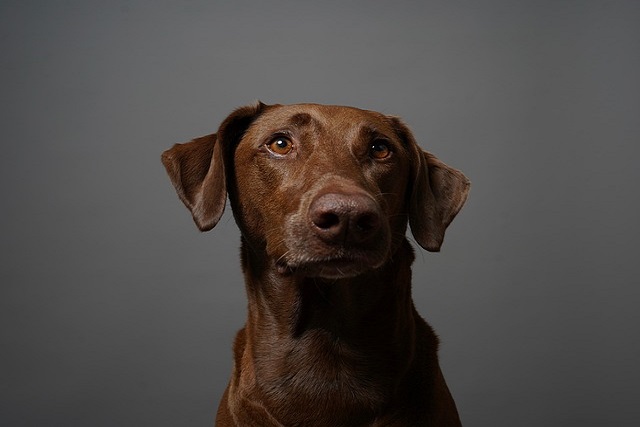
How can I tell if my dog's heatstroke is serious
Let’s be real: It’s a sticky August morning in Los Angeles, and you took your 2-year-old Golden Retriever, Max, for a walk a little later than usual
You’re tiptoeing to bed after late-night Netflix, only to find your gray-muzzled buddy already snoring in his corner. Or maybe you’re wide awake at 2 AM because he’s rearranging his bed again. If you’re wondering whether your senior dog’s sleep habits are normal, breathe easy – let’s unravel what’s typical (and what’s not) for aging pups.
Scientifically, senior dogs need 14–18 hours of total sleep daily, but nighttime patterns shift with age. Think of their circadian rhythm like a worn-out clock: joint pain (hello, arthritis!), declining kidney function (causing midnight bathroom urges), or canine cognitive decline (CCD) can fracture solid sleep. Deep REM sleep decreases, while light, restless snoozing increases. That’s why your 10-year-old Lab might nap all day but pace at 3 AM – she’s not getting restorative rest. Take Ben from Chicago: his Dachshund, Olive, slept 16 hours but whimpered nightly. A vet discovered bladder inflammation and CCD. Treating both restored her sleep continuity. Track their rhythms: Note total sleep (day + night), nighttime wake-ups, and signs like disorientation or stiffness at dawn. A cheap baby monitor helps observe unnoticed restlessness.
Optimize their sleep sanctuary first. Swap that flat bed for an orthopedic foam mattress (heated options ease achy joints!). Place it away from drafts/noisy appliances in your apartment – aging ears startle easily. Use blackout curtains if streetlights disrupt them. For CCD pups, try a plug-in pheromone diffuser (Adaptil works wonders) and keep a dim nightlight near their water bowl. Adjust routines strategically: Shift dinner earlier to reduce 3 AM potty pressure, and offer a small, easy walk before bed. If arthritis is suspected, ask your vet about evening pain meds – never use human NSAIDs! For CCD, supplements like Senilife or SAMe may improve brain function over weeks.

Now, while respecting their sleep needs, stay community-smart. Updated rabies vaccines aren’t just health insurance – they’re legally required in all 50 states, even for homebody seniors. If midnight bathroom breaks happen, scoop immediately (yes, even on your pajamas!). Carry biodegradable bags – many cities like Seattle fine $250 for uncollected waste. Keep leashes handy for drowsy nighttime potty trips; a confused senior might wander onto a neighbor’s lawn. If accidents occur due to age-related incontinence, positive reinforcement is non-negotiable. Punishment creates fear; instead, celebrate outdoor successes with quiet praise and a treat. Use enzymatic cleaners (Urine Off!) to eliminate indoor odors – ammonia-based products attract repeat accidents.
Senior sleep isn’t about hitting a perfect hour count. It’s about quality, comfort, and adapting to their changing needs. By tuning into their rhythms, partnering with your vet, and wrapping it all in patient, lawful care, you’re honoring every silver whisker. Track those Zzz’s, tweak their nest, and here’s to quieter nights ahead.

Let’s be real: It’s a sticky August morning in Los Angeles, and you took your 2-year-old Golden Retriever, Max, for a walk a little later than usual

You're enjoying a summer afternoon at the park when you notice your dog has stopped panting and appears disoriented - their gums are bright red

Let’s paint the picture: You’re in your Denver apartment, watching your 4-year-old Boston Terrier, Ruby, plop down mid-play session with her favorite toy

Many dog owners notice their pets nails seem shorter after regular walks,but how much does this daily activity actually help?The answer depends on where you walk—concrete sidewalks or asphalt streets gently file nails as a dog's paws hit the ground

Most dog owners notice their pup scooting across the carpet at some point, but few connect it to impacted anal glands. These small sacs near a dog’s rectum secrete a scent for marking territory

Most vets agree that regular dog teeth cleaning is key to avoiding painful dental issues later. For healthy adult dogs, a professional cleaning at the vet’s office every 12 to 18 months usually works well.